

China's top legislative body is expected to pass a privacy law that resembles the world’s most robust framework for online privacy protections, but Beijing will maintain broad access to data under the new Personal Information Protection Law. The law is being reviewed as frustration grows within the government, and in Chinese society at large, over online fraud, data theft and data collection.

Intel is focusing more and more of its energy into its mainstay chip business, transferring the talent and computer vision tech to efforts that "better support" its core chip businesses. The company will honor existing commitments, but the end is clearly on the horizon. Questions surfaced about the fate of RealSense after the team's leader, Sagi Ben Moshe, said he was leaving Intel.

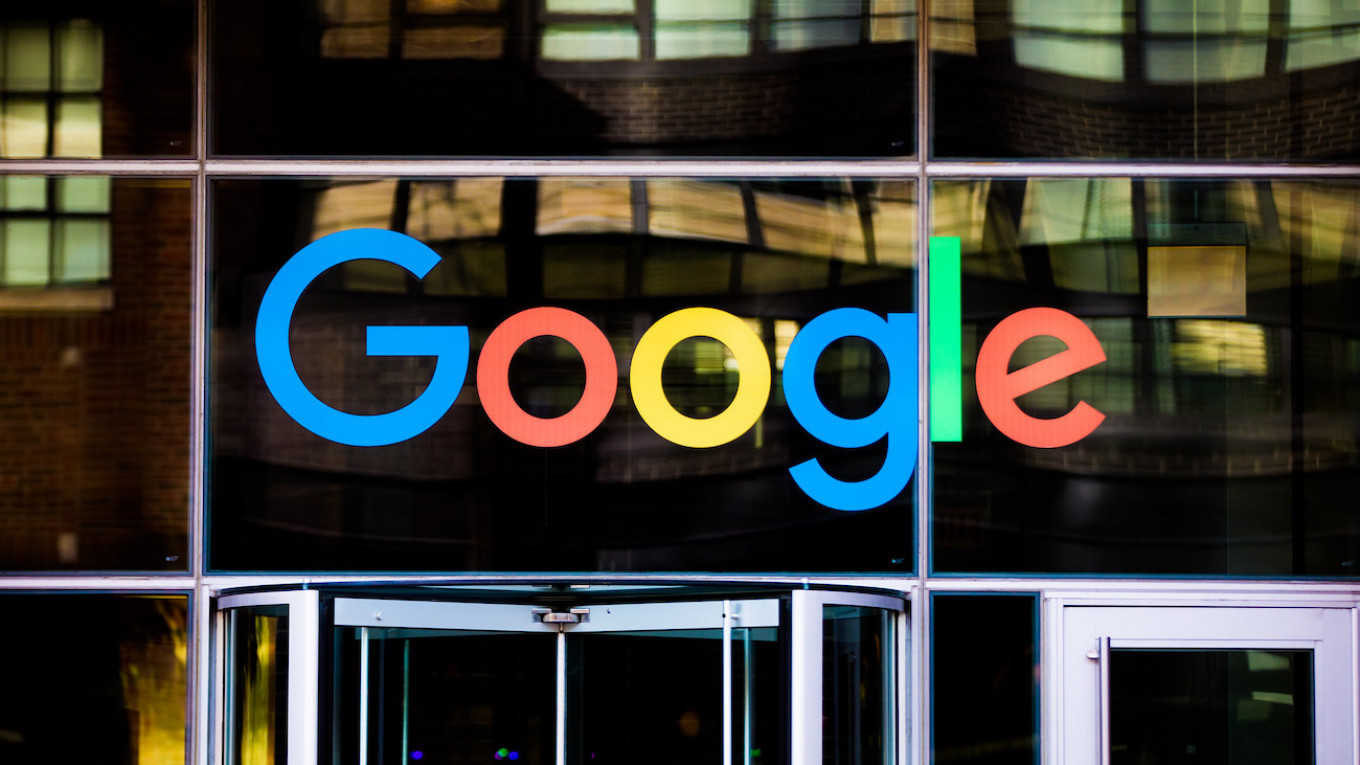
A Moscow court fined Google for failing to remove content banned in Russia, the latest in a series of escalating penalties against the U.S. tech giant for not deleting content banned by the authorities. The Tagansky district court slapped Google with five separate fines totaling 14 million rubles ($190,000, 163,000 euros) for the violation.

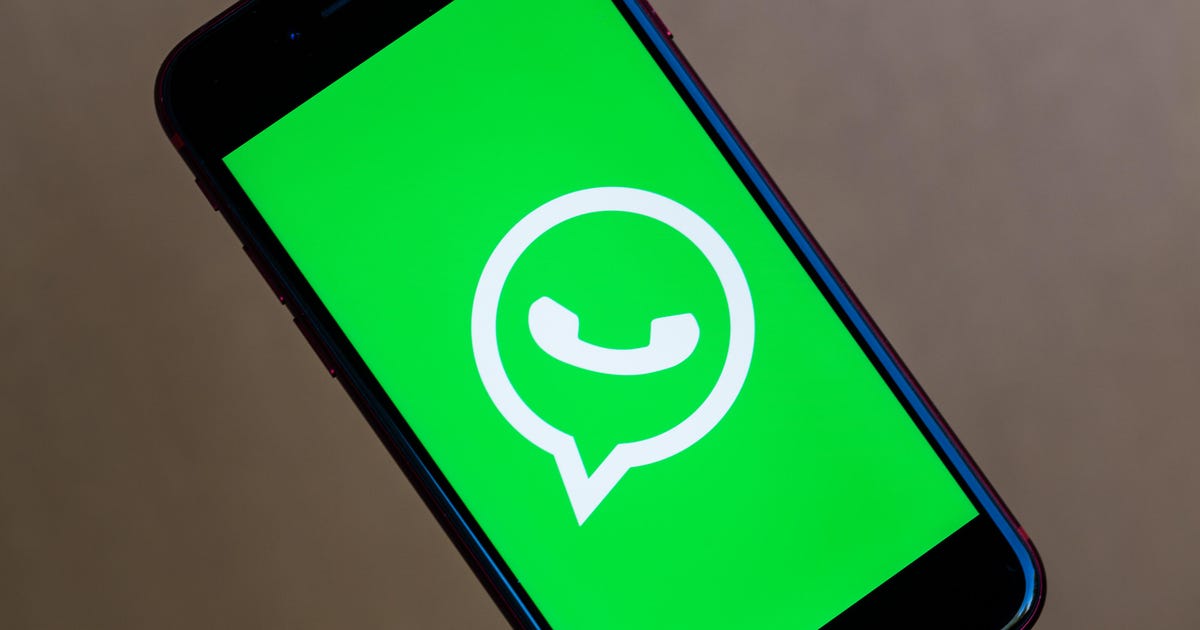
WhatsApp reportedly blocked channels the Taliban was using to communicate with civilians in Kabul, Afghanistan. Facebook told the Financial Times that it had blocked a number being used by the Taliban as a hotline for civilians in the Afghan capital to report violence and looting. WhatsApp also blocked other "official Taliban channels," according to the report.

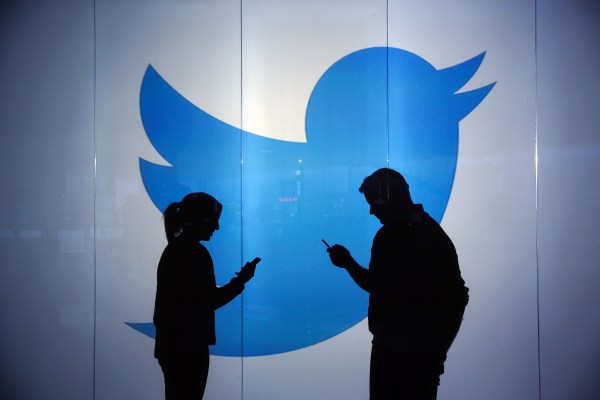
Twitter introduced a new test feature that allows users to report misinformation they run into on the platform, flagging it to the company as “misleading” The test will roll out starting today to most users in the U.S., Australia, and South Korea, with users being able to expand the three dot contextual menu in the upper right corner of a tweet to select “report tweet” where they’ll be met with the new option to flag a misleading tweet.


Apple seems to be prepping for multiple major product launches with several events expected to be scheduled throughout the fall, including some updated specs for the next iPhone, Apple Watch, and even some info about the long-awaited MacBook Pro refresh with Apple’s new M1X chip.

The U.S. Congress wants to change the way your smartphone works, and the Open App Markets Act is a bill aimed at significantly weakening the “gatekeeper control” that two tech giants, Apple Inc. and Google, have over their dominant mobile operating systems.
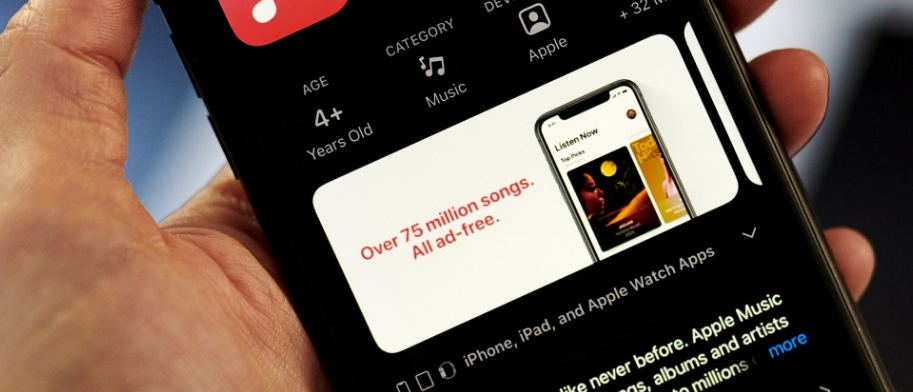

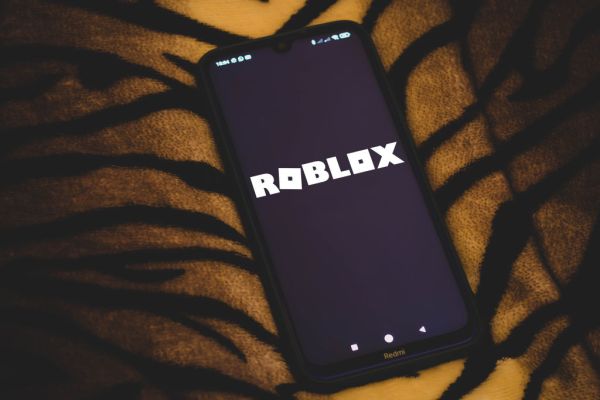
Roblox is acquiring Guilded, a chat platform for competitive gamers, to bulk up its social infrastructure. The service competes with Discord, with the team's founders saying that as Discord's ambitions had grown beyond the gaming world, its core product was meeting fewer competitive gaming needs.


Twitter's standards were questioned after a Taliban spokesman used the platform to give updates about the group's advance within the country while former President Trump’s account remains permanently suspended. The account is not verified but has nearly 280,000 followers and is regularly cited by major news outlets.


Facebook and Google are building undersea internet cables around the world, hoping to bring in millions of new customers. The tech giants are building a 7,500-mile cable connecting countries including Japan, Indonesia, the Philippines and Taiwan. The cable is expected to launch in 2024 and will help deliver better 4G, 5G and broadband internet to the region.


The U.S. auto safety regulator opened a broad investigation of the Autopilot system used in hundreds of thousands of Tesla’s electric cars, prompted by 11 accidents in which Teslas using the assisted-driving system drove into parked fire trucks, police cars and other emergency vehicles.

WarnerMedia is planning to revamp its HBO Max smart TV apps in the next four or five months. The new app will provide both modern underpinnings and room to grow, but also allow for a more "sophisticated" interface update and new and upgraded features.